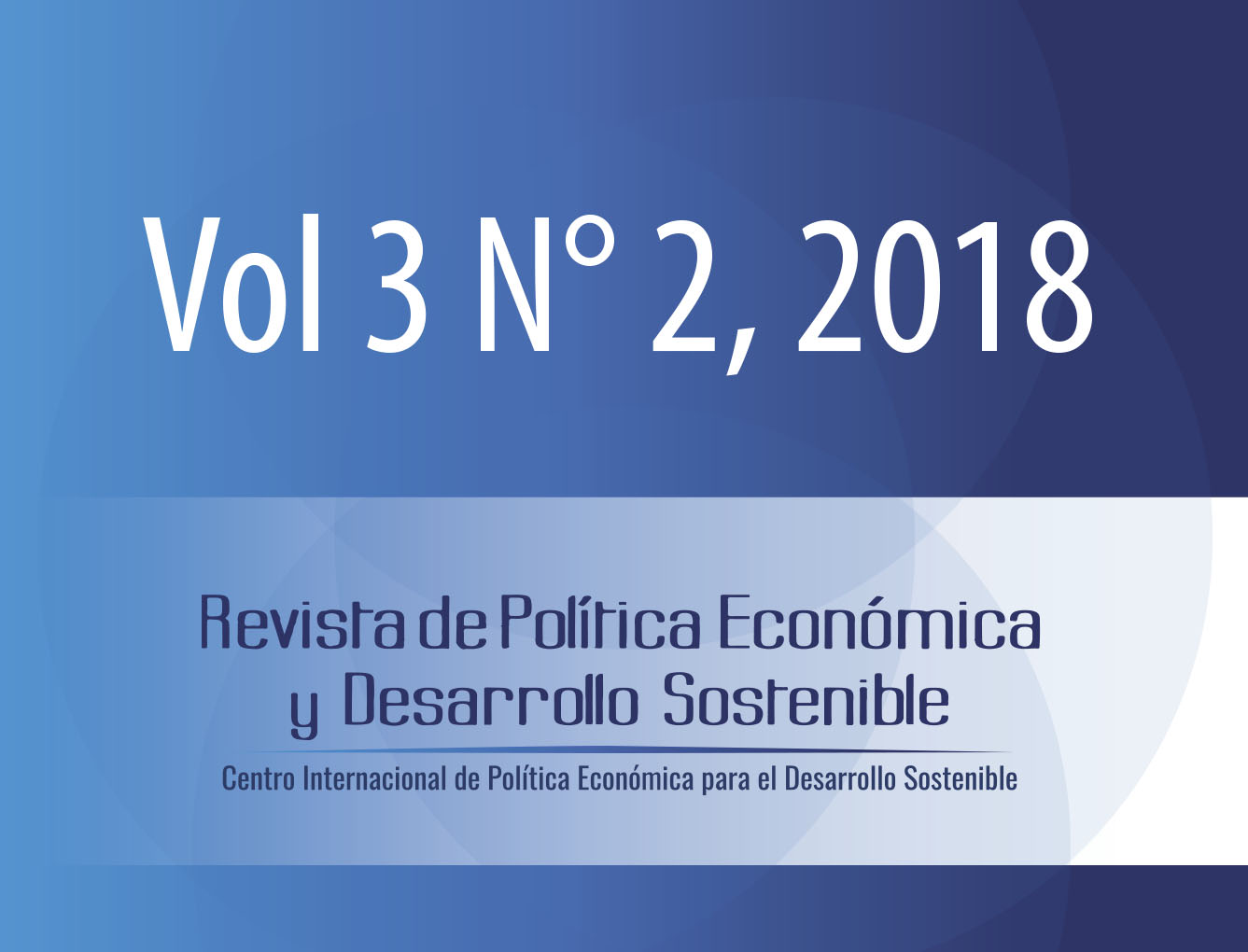Potential of small circuits as a strategy for the construction of local markets
Case of cape gooseberry in Costa Rica
DOI:
https://doi.org/10.15359/peds.3-2.2Keywords:
development strategies;, policy making;, physalis peruviana;, commercial policy;, agricultural production;Abstract
In this paper it is discussed the potential of the short circuits as a viable strategy to promote the construction of local markets. It is studied the growing of the cape gooseberry (Physalis peruviana) in Costa Rica, considered nowadays, as an incipient agricultural product within the production set of the national agribusiness, which also shows great possibilities of exportation. This discussion is complemented with the obtained results from a study of consumer’s perceptions, which is fundamental to comprehend the national demand’s characteristics of this fruit. Growing cape gooseberry in Costa Rica is characterized by being a small family business, with a high participation of women who are producers as part of the labor force. The production is mainly based in the high areas of North Cartago and Zona de los Santos, in the south-center of the country. The study was done during the last trimester of the 2017 year and also January of 2018, and it considers documental analysis, consultation to the experts, and the implementation of an on-line survey, as part of its methodology. The invertigation concludes that the commercialization by short circuits adapts to the analyzed case, to which it is necessary to stimulate the principle of network-based governance among local producers. The marketing of this type of commercialization requires an effective support structure, including the identification of an agricultural policy that is in the same page with the dynamics of territorial development and the particular needs of each zone.
References
Brunori, G., & Galli, F. (2016). Sustainability of local and global food chains: Introduction to the special issue. Sustainability, 8, 765. doi:10.3390/su8080765
Calvo, I. (2006). Proyecto Plantón-Pacayas. Alternativas de producción. En Documento técnico, N°3, Área Manejo integrado de cultivos. San José, Costa RICA: INTA. Disponible en: http://www.platicar.go.cr/images/buscador/documents/pdf/01/00221-plantonpacayasalternativasproduccion.pdf
Calvo, I. (2009). El cultivo de la uchuva. Proyecto Microcuenca Plantón-Pacayas. En Documento técnico N°10, Área Manejo integrado de cultivos. San José, Costa RICA: INTA. Disponible en: http://www.mag.go.cr/biblioteca_virtual/bibliotecavirtual/a00170.pdf
CEPAL (2016). Encadenamientos productivos y circuitos cortos: innovaciones en esquemas de producción y comercialización para la agricultura familiar. Análisis de la experiencia internacional y latinoamericana. En Documentos de proyectos, N° 711. Santiago, CEPAL. Disponible en: http://repositorio.cepal.org/handle/11362/40688
Chiffoleau, Y., Millet-Amrani, S., & Canard, A. (2016). From short food supply chains to sustainable agriculture in urban food systems: food democracy as a vector of transition. Agriculture, 6(4), 57. Disponible en: http://www.mdpi.com/2077-0472/6/4/57
Corsi, A., & Novelli, S. (2016). Alternative Food Networks and short food chains: estimating the economic value of the participation in solidarity purchasing groups. Paper prepared for presentation at the 149th EAAE Seminar ‘Structural change in agri-food chains: new relations between farm sector, food industry and retail sector’. Rennes, France, October 27-28, 2016. Disponible en: https://iris.unito.it/handle/2318/1615741
Dussel, E. (2002). Territorio y competitividad en la agroindustria en México: condiciones y propuestas de política para los clusters del limón mexicano en Colima y la piña en Veracruz. México: Plaza y V aldés, S. A. Disponible en: https://repositorio.cepal.org/handle/11362/1758
PROCOMER. (2017). Oportunidades de comercialización de productos agrícolas incipientes. Costa Rica: PROCOMER.
Queiroz M.C., Pierri M., y Valente A. L.. (s.f.), A feira livre como canal de comercialização de produtos da agricultura familiar, apresentação oral-Desenvolvimento Rural, Territorial e regional UNB, Brasilia. Disponible en: http://www.sober.org.br/palestra/15/234.pdf
Sabourin, E., Aveline I., Petersen, P., y Pra M. (Noviembre de 2017). Acción colectiva, políticas públicas y circuitos cortos para la agricultura familiar en Brasil. Seminario Internacional Agricultura Familiar: procesos de innovación y alternativas comerciales para la mejora de sus condiciones de vida y su desarrollo sustentable, equitativo e inclusivo. Seminario llevado a cabo en Santiago de Chile, Chile. Disponible en: http://agritrop.cirad.fr/586044/







